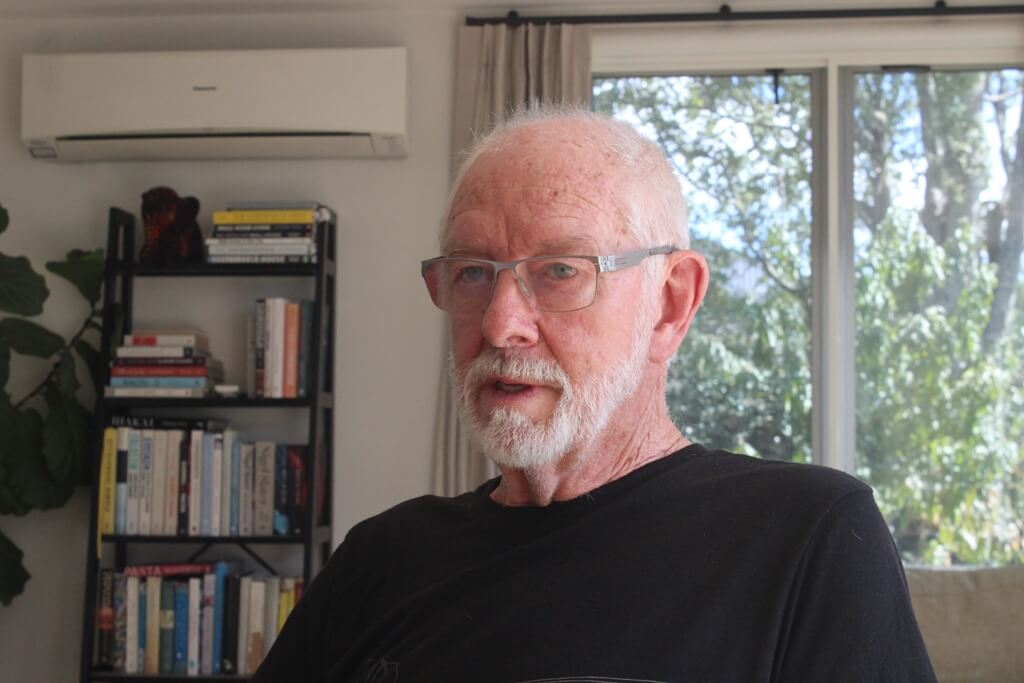Many people here and overseas are scrutinising inflation data closely trying to predict when central banks will start lowering their official interest rates.
Late last year, most of the inflation news was positive. Though inflation rates almost everywhere were still well above the central banks’ target rates, inflation was falling rapidly. The idea that official interest rates could rise further in 2024 largely disappeared and commentators began to speculate on whether the first official rate reduction would occur in the second, third or fourth quarter this year.
Unfortunately the recent inflation news hasn’t been so positive. It hasn’t been bad – but it has been mixed. In the US, annual inflation was 3.4 per cent in the year to December 2023, an increase from 3.1 per cent in the year to November. US inflation this cycle had peaked at 9.1 per cent in June 2022 so to have it down to just over 3 per cent 18 months later is remarkable. But the uptick in December will probably cause the US Federal Reserve to be cautious about starting to reduce interest rates.
A similar thing has happened in the UK. Inflation in the year to December 2023 rose by 4 per cent, a marginal increase over the 3.9 per cent rise in the November year. UK’s inflation rate peaked at 11.1 per cent in the year to October 2022 so the slow-down in inflation in the UK has been similarly remarkable.

Peter Nicholl
The other recent negative news from overseas is from the Middle East. In particular, the attacks on shipping in the Red Sea has brought back fears around supply chains and transport costs. This was one of the main triggers of the last surge in global inflation. These uncertainties will also make central banks cautious about putting their policy interest rates into reverse too soon.
In New Zealand, the latest inflation data did not disappoint or surprise analysts as it did in the US and UK. The annual inflation rate to December 2023 was 4.7 per cent, a significant decline from 5.6 per cent in the year to September (we do not publish monthly CPI data). The rise of 4.7 per cent was less than the Reserve Bank had forecast so it should be happy. Prices for about one-third of the items included in the CPI basket fell in the December quarter. This should also please the reserve bank. One element in the data that won’t make the bank happy is that it was imported tradeable inflation that fell the most – it was just 3 per cent. Domestically-driven inflation continued to roar along at 5.9 per cent.
I still expect central banks to start bringing their official interest rates down in 2024, but the recent unfavourable inflation news has probably shifted those moves to the middle or second half of the year. The reserve bank was one of the first to move when central banks started to raise their official interest rates in late 2021.
Will they be one of the first to move in the reverse direction? The tone of most of recent comments makes that unlikely. The bank’s Chief Economist, Paul Conway was to speak about the inflation picture after I submitted this column and before it was published. I think his speech will get more attention than usual as people like me try to sense the ‘tone’.

Inflation. Photo: Lukas, Pexels.com








